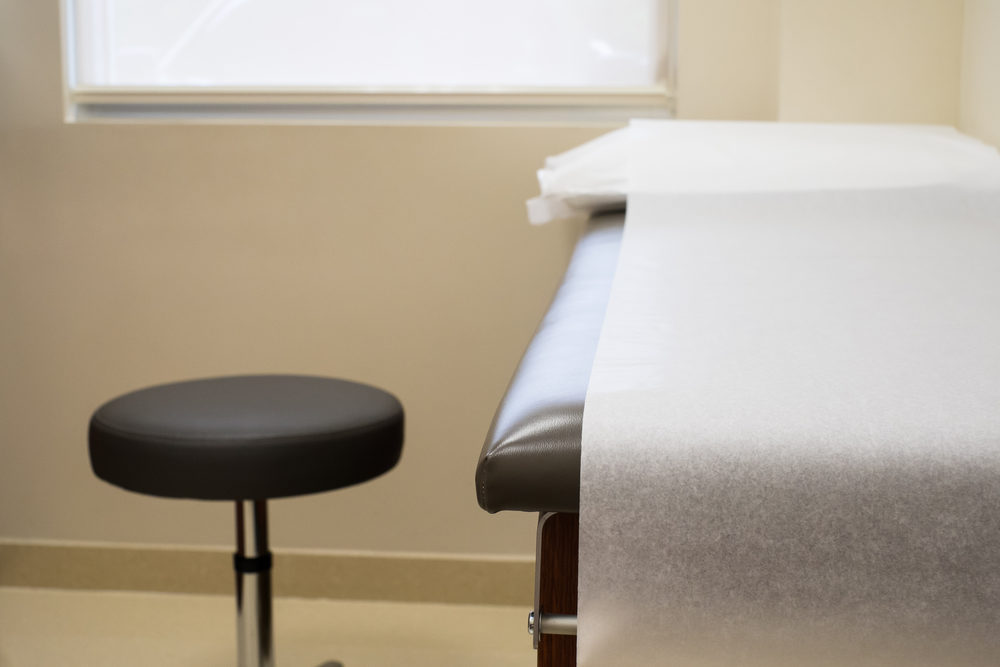
When you visit a medical professional, you expect to be treated just like that – professionally. Unfortunately, sometimes these professionals use their credentials and trust to take advantage of their patients. Sexual misconduct by professionals is a disturbingly common occurrence in the United States and around the world.
Defining Sexual Misconduct by a Professional
There are few people in your life that you will be as vulnerable to as your medical provider or therapist. After all, a physical examination often has you undressing and having your doctor touch you in delicate areas of your body. In the case of a dentist, you’re rendered fairly helpless in your chair, especially if your procedure requires anesthesia. And with a mental health therapist, you are revealing the deepest parts of your personality and pain to a person who was a stranger the day before.
When you visit one of these professionals, you should have the ability to end the exam at any time. You also can request a second person, such as a nurse in the room with you. You should be given ample time to dress and undress privately and have your questions about what they are doing answered with respect. Anything less than that is misconduct, and the nature of that misconduct can be sexual.
There are strict ethical and legal guidelines any medical professional must follow when performing a physical exam. Providers must explain the exam in detail before and while it is happening. They must also sanitize their hands and wear gloves and only ask you to undress the part of you being examined. You also have the right to request a physician of the same gender. Providers must also make you feel safe enough to ask any question.
These actions all qualify as sexual misconduct:
- Touch you without gloves
- Refuse to tell you what they’re doing and why
- Insist that you’re the only two people in the room
- Have you undress more than necessary
- Ask probing questions about your sexual activity
Doctors are not the only type of licensed professional. Other examples include law enforcement officials, attorneys/legal representatives, clergy members, or any other vocation which requires trust from those they are serving.
Sexual Misconduct by Professionals in the News
In 2017 the #MeToo awareness campaign exploded when victims of movie producer Harvey Weinstein began coming forward. Weinstein was ultimately convicted of rape, and sexual assault against dozens of actresses and is serving a 23-year prison sentence.
#MeToo continued shedding light on sexual abuse and misconduct after the USA Gymnastics team doctor Larry Nassar was sentenced to life in prison for sexually assaulting hundreds of young female athletes under his care. Nassar killed himself earlier this year after being charged with additional counts of human trafficking. These high-profile cases may have urged victims of non-celebrity professionals to begin coming forward.
In another instance, a California family doctor was accused of handling his patients’ genitals for no medical reason. His punishment was 35 months of probation that required him to have someone else in the room while treating females. All criminal charges against him were dropped, and he could return to practicing unrestricted after completing his probation. This isn’t surprising considering most physicians accused of sexual misconduct do not face any long-term repercussions, even though many are repeat offenders.
Side Effects of Sexual Misconduct by Professionals
Victims of sexual misconduct can develop lifelong trauma. When someone you depend on violates your boundaries or rights, you may experience these side effects:
- Depression and anxiety
- Fear of intimacy/sexual dysfunction
- Suicidal thoughts
- Guilt, shame, suspicion, confusion or anger
- Refusal to ever visit a doctor again
One impact study found that almost every victim of sex abuse has Post Traumatic Stress Disorder (PTSD) symptoms soon after the assault, and some become permanent. Substance abuse is another significant problem as sufferers often turn to alcohol or drugs to cope with their trauma. Extreme cases can result in a sexually transmitted disease or unwanted pregnancy. What a perpetrator sees as a brief illicit thrill can destroy the lives of those they prey on.
What to Do if You Are Sexually Violated by a Professional
The vast majority of sexual misconduct victims do not come forward for fear of retaliation, shame or assumption they won’t be believed. If this happens to you or someone you love, you have every right to come forward, and there are several ways to do it:
- Call the police
- Contact the practice or facility that employs the professional
- Contact the state medical licensing board
- File a civil or criminal suit
If you are unsure where to start, the Therapy Exploitation Link has information, networking and referrals to people that can guide you through the process. It is very important to keep reporting the incident until you are taken seriously. Advocating for yourself can help you heal from the abuse and encourage other victims to come forward.
Legal Options for New Jersey Sex Abuse Victims
When it comes to litigation, you can file either a civil or criminal suit, depending on your circumstances. If you’ve made several attempts at reporting your abuse to no avail, a civil suit gives you a higher chance of success. You only have to show enough evidence to prove that the perpetrator has more than a 50 percent chance of being guilty. You’re more likely to be awarded monetary compensation, but the professional will not face criminal charges. Despite many programs created to help abuse victims, only 28 cases out of every thousand lead to a felony conviction. This is why most victims go the civil route.
If you are insistent upon going for a conviction, you’ll have to allege criminal charges. This is a much more difficult road as the burden of proof on the plaintiff is higher. The accused must be found guilty beyond reasonable doubt by a jury. Exercising this option means there’s a solid chance you will leave with no recourse of any kind.
Determining the best form of legal action can be tricky and shouldn’t be done alone. Finding a New Jersey sex abuse attorney with experience successfully fighting for victims can alleviate the stress of an already traumatic situation. Let the New Jersey team of lawyers at D’Arcy Johnson Day fight for you. For a free consultation, please call 866-327-2952 or contact us here to get started.

As a partner with D'Arcy Johnson Day, Andrew D'Arcy has been involved in some of the nation’s most high-profile cases and investigations. His practice includes serious automobile accidents, medical malpractice, wrongful death and product defect cases. Andrew has been personally responsible for numerous multi-million dollar settlements and verdicts on behalf of his clients. He has been recognized by his peers as an "AV" rated attorney, the highest possible rating given by Martindale-Hubbell publication. Andrew has been named a "Super Lawyer" by New Jersey Monthly magazine each year consistently since 2013.














Comments for this article are closed.